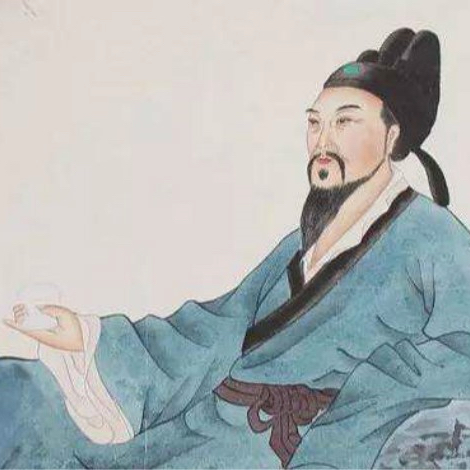You said dismount& have a drinkWe stoodYou unsaddled your discontent& I took your offer of wineDown South you saidYou sawA bedBy the mountainside But why ask whyStart out Friend White clouds come We pass on by
Farewell
Wang Wei
Translated from the Chinese by Wong May
Feature Date
- December 26, 2022
Series
- Translation, What Sparks Poetry
Selected By
Share This Poem
Print This Poem
“Farewell” from IN THE SAME LIGHT: 200 TANG POEMS FOR OUR CENTURY, Translated by Wong May.
Published by The Song Cave on October 03, 2022.
English Copyright © 2022 by Wong May.
All rights reserved.
Reproduced by Poetry Daily with permission.

Wang Wei (699–759) was a Chinese poet, musician, painter, and politician of the middle Tang dynasty. He is regarded as one of the most famous men of arts and letters of his era. Many of his poems survive and 29 of them are included in the 18th-century anthology Three Hundred Tang Poems. Wang Wei is especially known as a poet and painter of nature.
Wong May was born in China’s wartime capital, Chongqing, in 1944. She was brought up in Singapore by her mother, a classical Chinese poet; studied English Literature at the University of Singapore with the poet D.J. Enright; from 1966 to 1968 she was at the Iowa Writers Workshop. Soon after, she left the USA for Europe. Her fourth book of poems, Picasso’s Tears: Poems, 1978-2013, was published by Octopus Poetry. In 2022, she received the Windham Campbell Prize. Wong May currently lives in Dublin. She paints under the name Ittrium Coey, and has exhibited her work in Dublin and Grenoble.
Chinese poetry is unique in world literature in that it was written for the best part of 3,000 years by exiles and refugees. In this anthology, we meet Du Fu, Li Bai, Wang Wei, and others less familiar to readers in English. Known as the Golden Age of Poetry, the Tang Dynasty was a time when poems were bartered for wine and tea, posted in temples and taverns; the words of poets unmissable as street art and signage. Monks, courtiers, courtesans, woodsmen, and farmhands alike were all fluent in poetry. More than reading matter, it was a common currency—whether as a necessity or luxury in times of rampant warfare, droughts, famine, plague, man-made and natural disasters. Chinese history can be read in the words of the poets. It was left for poetry to teach the least and the most, says the translator; literacy of the heart in a barbarous world. True to the spirit of classics, these poems from 1,200 years ago read like they were still being written somewhere in the world — to be read today and tomorrow: “In dark times we read by the light of letters.”
"A bird translates silence,” the extraordinarily thorough and utterly original afterword begins. In 70 sections that span the millennia, the translator traverses continents and civilizations to retrieve the text of Tang Poetry for our century, prompted by the voice of another guide, the Rhino, a magical being and original spirit who held a special place in Tang China. A historical study of ancient literature has never felt so alive and timeless.
Poetry Daily Depends on You
With your support, we make reading the best contemporary poetry a treasured daily experience. Consider a contribution today.




